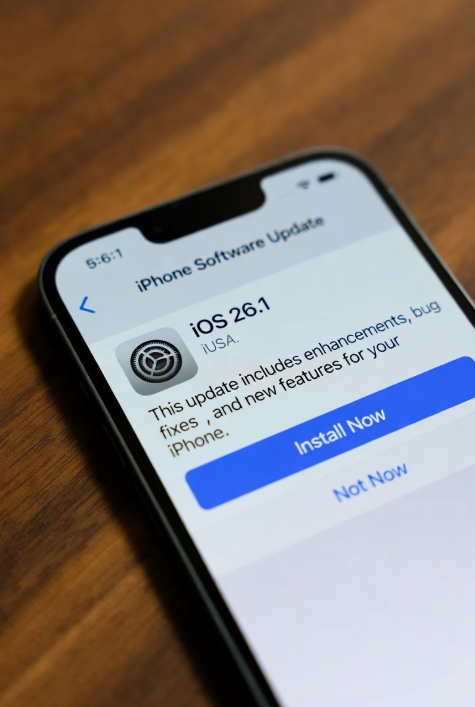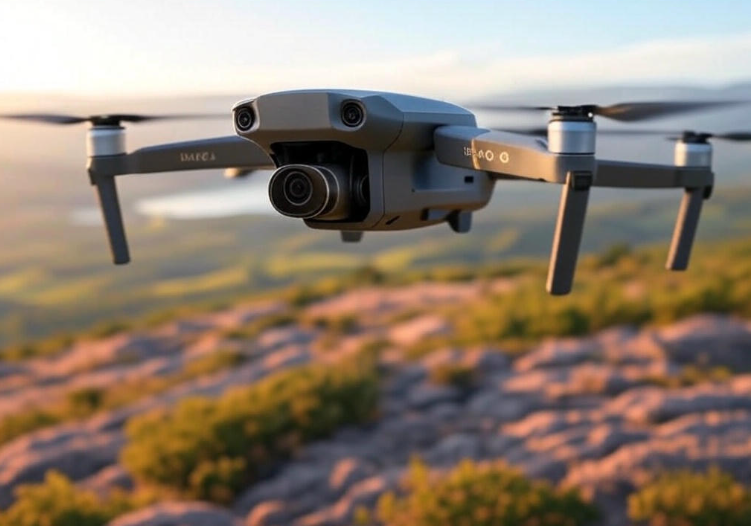In an era where smartphones are practically an extension of ourselves, a recent warning from the National Security Agency (NSA) has put mobile users on high alert. Published on March 31, 2025, an article by The Sun highlights the NSA’s latest cybersecurity advisory targeting both Apple and Android device owners. The message is clear: your phone could be a gateway for sophisticated cyber threats, and the stakes have never been higher. With the current date being April 2, 2025, this warning couldn’t be more timely as we navigate an increasingly digital world. Let’s dive into what this means for you, why it matters, and how you can protect yourself.
The NSA’s Wake-Up Call
The NSA, a key player in U.S. intelligence and cybersecurity, doesn’t issue public warnings lightly. According to the The Sun article, the agency has flagged a growing number of vulnerabilities that could allow hackers to infiltrate your smartphone. These aren’t your run-of-the-mill phishing scams; we’re talking about advanced threats from nation-state actors and cybercriminals who exploit weaknesses in mobile operating systems, apps, and even hardware. The advisory emphasizes that both Apple’s iOS and Google’s Android platforms are in the crosshairs, debunking the myth that one ecosystem is inherently safer than the other.
What’s driving this urgency? The NSA points to the sheer volume of sensitive data we store on our phones—banking details, personal messages, work emails, and location history. For hackers, your device is a goldmine. The agency warns that unpatched software, risky user habits, and unsecured networks are creating perfect storm conditions for exploitation. Whether you’re an iPhone loyalist or an Android enthusiast, this is a call to action.
Key Threats Highlighted
The NSA’s advisory, as detailed in the article, outlines several specific risks. First up: outdated software. If you’ve been ignoring those pesky update notifications, you’re rolling the dice. Both Apple and Google regularly release patches to fix security flaws, but an unupdated device is like an unlocked door. The NSA notes that some exploits target vulnerabilities that have been known for months, yet millions of users haven’t bothered to install the fixes.
Next, there’s the danger of malicious apps. Even legitimate app stores like the App Store and Google Play have occasionally let rogue apps slip through the cracks. These apps can harvest your data, track your movements, or even take control of your device. The NSA also warns about “zero-day” exploits—previously unknown vulnerabilities that hackers can weaponize before developers have a chance to patch them. These are especially concerning because they leave users defenseless until a fix is rolled out.
Public Wi-Fi networks are another red flag. That free coffee shop hotspot might save you data, but it could also expose your phone to man-in-the-middle attacks, where hackers intercept your communications. The NSA advises against connecting to unsecured networks, especially for sensitive tasks like online banking.
Apple vs. Android: No One’s Immune
A common debate among tech fans is whether iPhones or Android devices are more secure. The NSA’s warning puts this argument to rest: both platforms have their weaknesses. Apple’s closed ecosystem offers tighter control over apps and updates, but it’s not invincible. Recent reports of spyware like Pegasus, which can infect iPhones without user interaction, prove that even iOS has chinks in its armor.
Android, with its open-source nature and fragmented update system, faces different challenges. Many Android devices, especially budget models, stop receiving updates after a couple of years, leaving them exposed. The NSA stresses that regardless of your device, proactive steps are non-negotiable.
How to Protect Yourself
The good news? You’re not powerless. The NSA and The Sun article offer practical tips to lock down your phone. Start with the basics: keep your software up to date. Enable automatic updates so you don’t have to think about it. On iPhones, head to Settings > General > Software Update; on Android, it’s usually Settings > System > System Update.
Be ruthless about app permissions. Does that flashlight app really need access to your contacts? Review what each app can do and revoke unnecessary privileges. Stick to official app stores, and even then, check reviews and developer credentials before downloading.
Strong passwords and two-factor authentication (2FA) are your next line of defense. Use a unique passcode for your device—not something obvious like “1234”—and enable biometric locks like Face ID or fingerprint scanning. For online accounts, 2FA adds an extra layer of security that can thwart hackers even if they snag your password.
When it comes to Wi-Fi, caution is key. Avoid public networks for anything sensitive, and consider using a virtual private network (VPN) to encrypt your connection. The NSA also recommends disabling Bluetooth and Wi-Fi when you’re not using them, as these can be entry points for attackers.
Why This Matters Now
As of April 2, 2025, we’re living in a world where cyber threats are evolving faster than ever. The NSA’s warning isn’t just about individual users—it’s a signal that global cybersecurity is at a tipping point. With geopolitical tensions rising and data breaches making headlines weekly, your phone isn’t just a personal device; it’s a potential pawn in a larger game.
For the average person, though, the impact is immediate. A hacked phone could mean stolen money, compromised privacy, or even identity theft. Businesses aren’t safe either—employees using vulnerable devices could expose corporate networks to attack. The NSA’s advisory is a reminder that cybersecurity isn’t someone else’s problem; it’s yours.
Final Thoughts
The NSA’s latest warning, as reported by The Sun, is a sobering look at the risks lurking in our pockets. Apple and Android users alike need to take it seriously. By staying vigilant—updating your device, vetting your apps, and securing your connections—you can drastically reduce your odds of becoming a victim. In 2025, smartphone security isn’t optional; it’s essential. So, the next time your phone buzzes with an update alert, don’t swipe it away. It might just be the shield you need against the next big cyber threat.



